
Catastrophising
A tendency to predict worst-case scenarios and to make decisions based on these erroneous predictions.
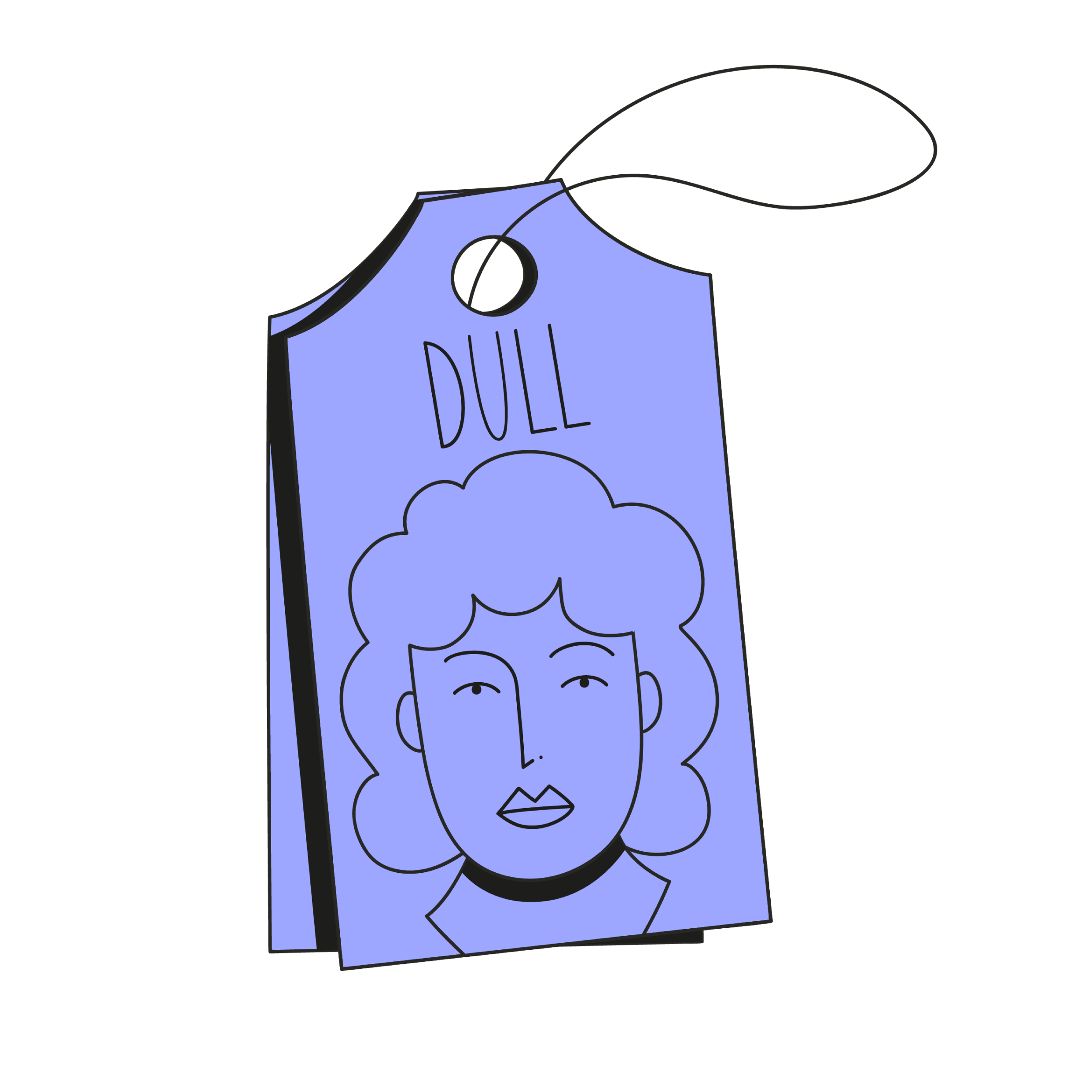
Labeling
Definitive judgment of self and/or other.

Exaggeration/Dramatisation
A tendency to overestimate the probability, severity or importance of an adverse event, its errors or shortcomings.

Mind reading
A tendency to think one knows what others are thinking, or to guess their reactions without proof.
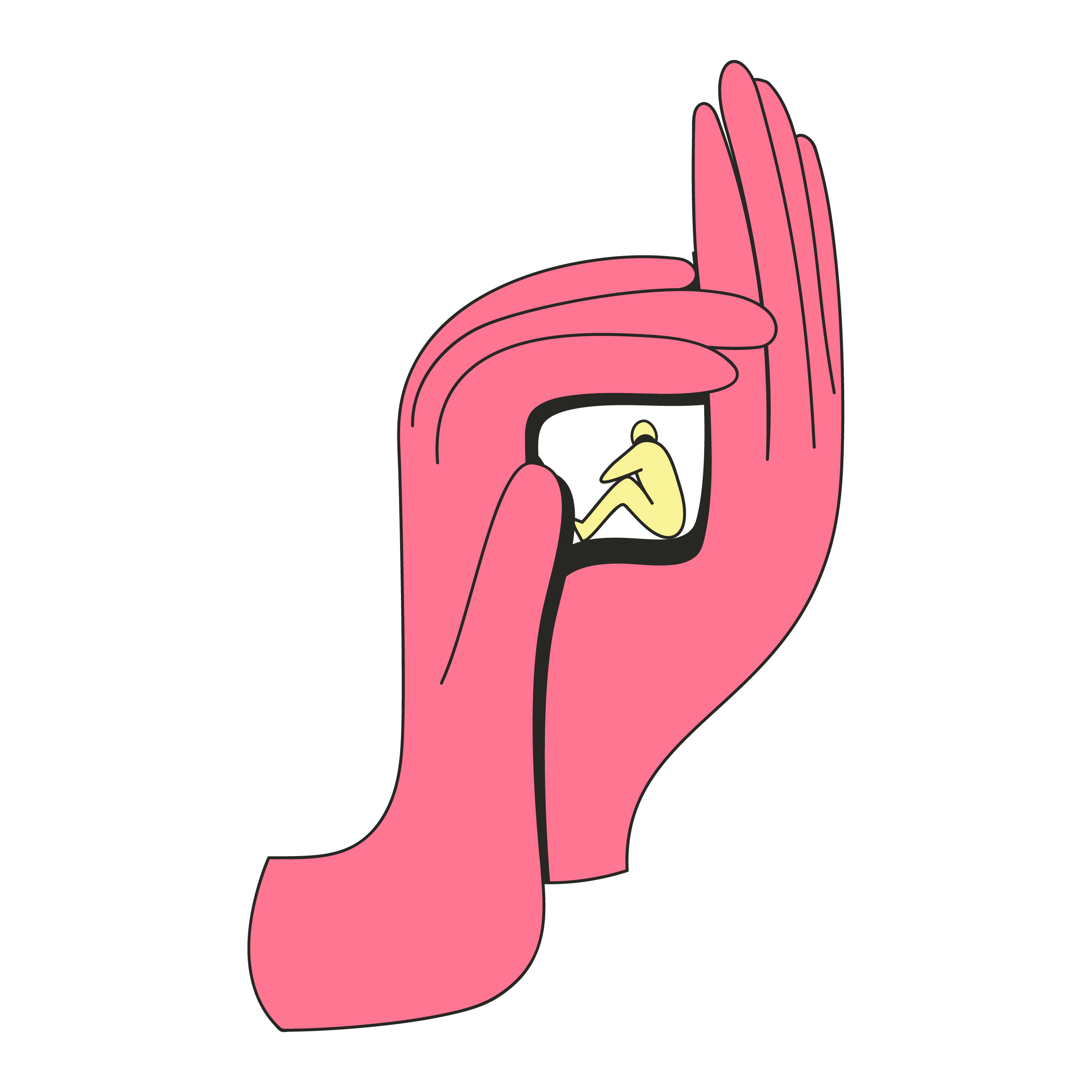
Minimisation
A tendency to minimise or trivialise one's strengths, successes or moments of happiness.

Should statements
A tendency to attribute moral and arbitrary obligations to oneself that give rise to guilt: "I have to, I should", or to attribute responsibilities to others "they should", which can cause feelings of resentment and frustration.
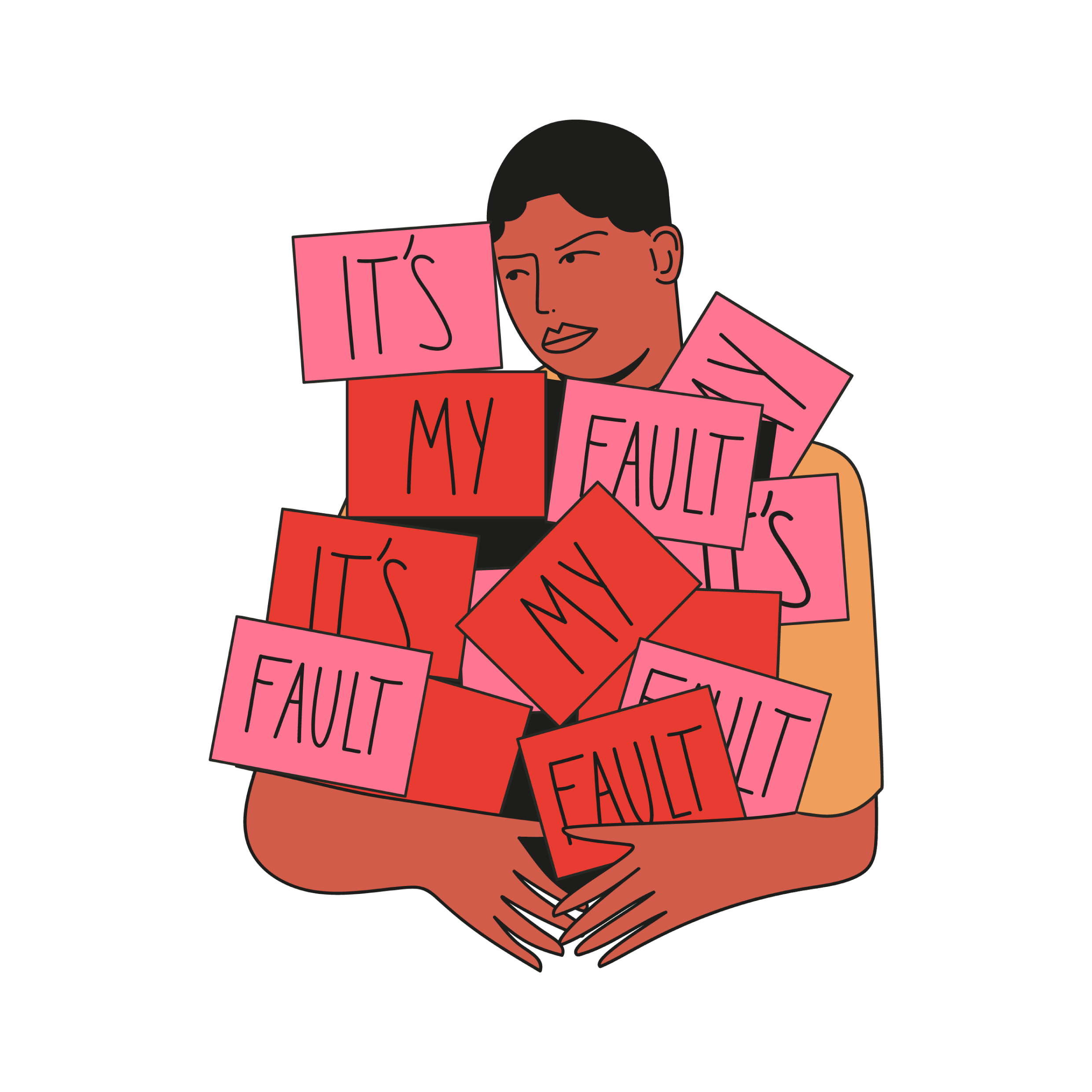
Personalisation
A tendency to wrongly think that one is responsible for a negative event, or that what others do is related to oneself, leading to feelings of guilt.
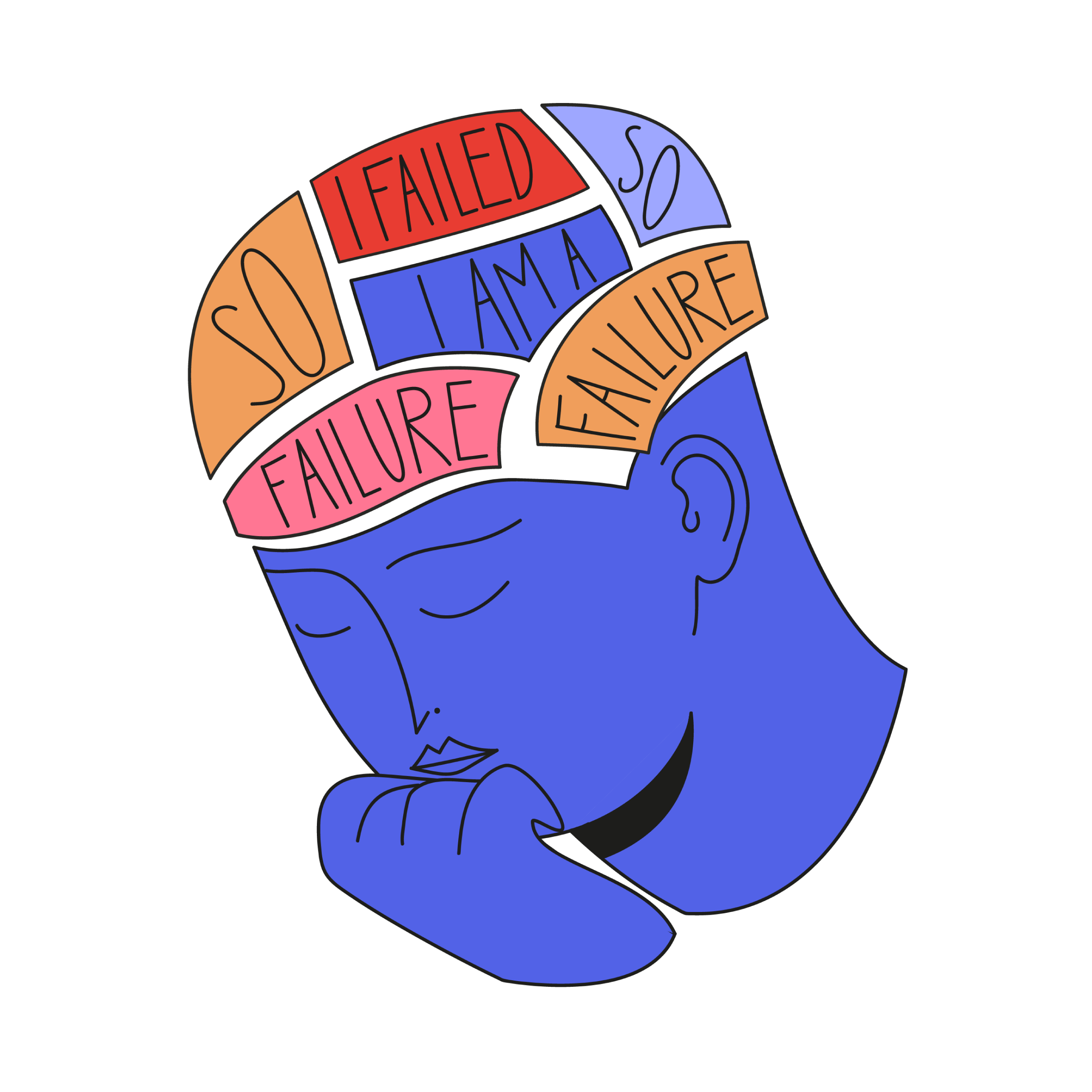
Emotional reasoning
A tendency to consider emotions as evidence.
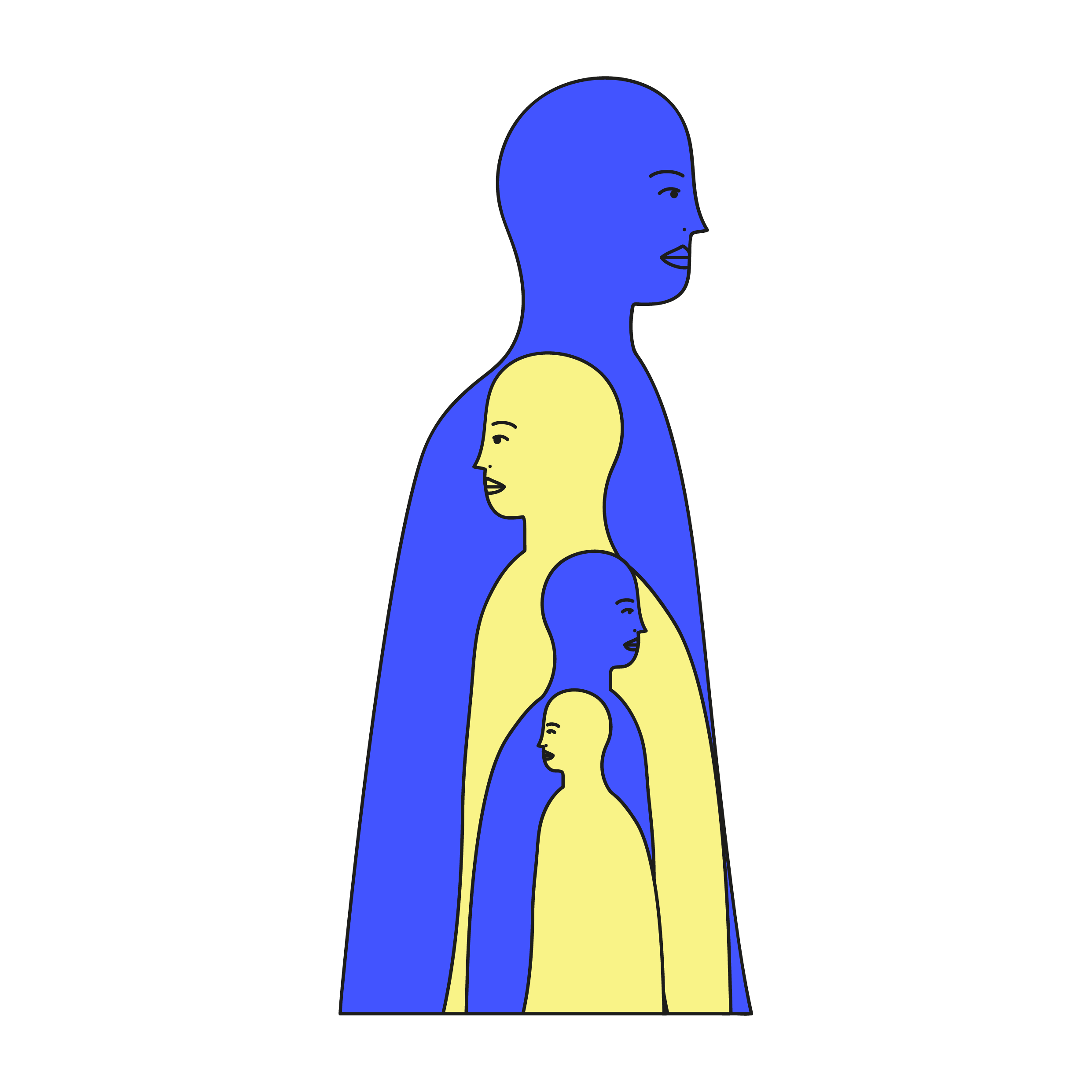
Overgeneralisation
A tendency to draw a general conclusion based on an incident that happened once / sometimes, thinking that it will surely happen again and again.

All-or-nothing thinking
A tendency to think with little nuance between two extreme positions, to see everything in black and white, now or never, good or bad.

 4 / 11
4 / 11
 5 / 11
5 / 11
 6 / 11
6 / 11
 8 / 11
8 / 11
 9 / 11
9 / 11








